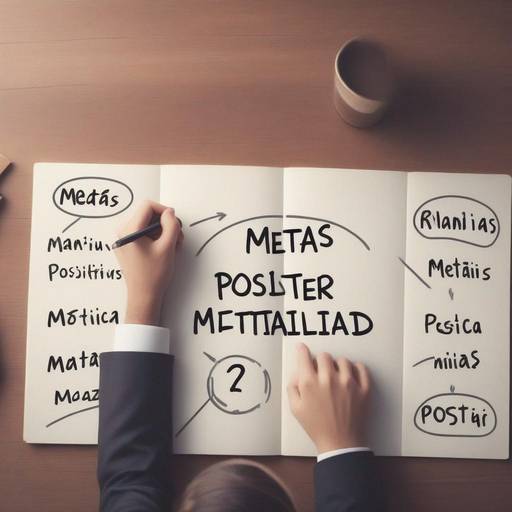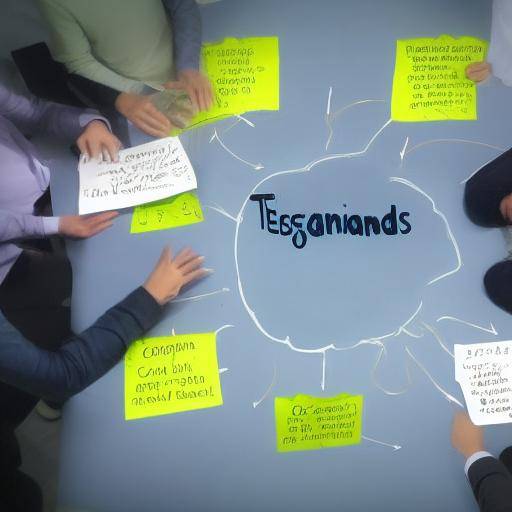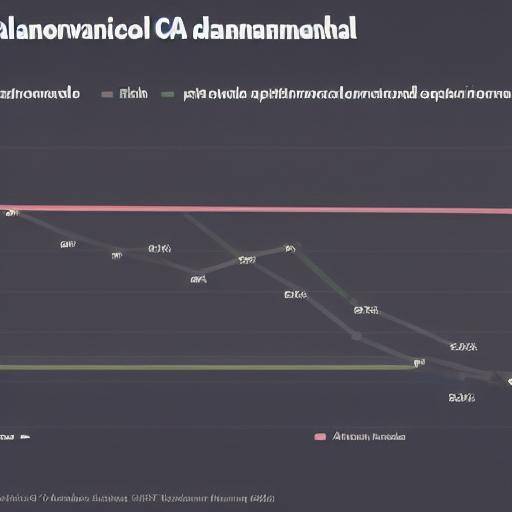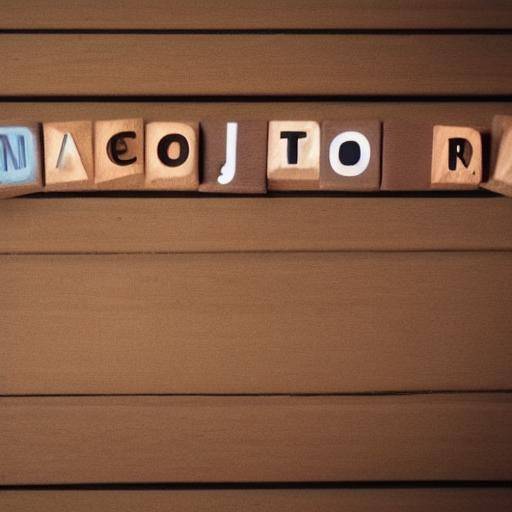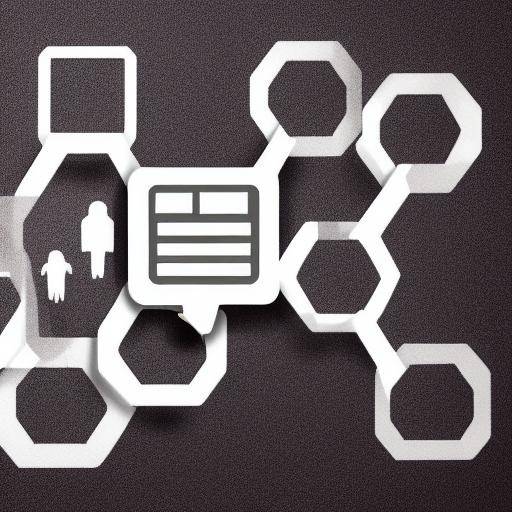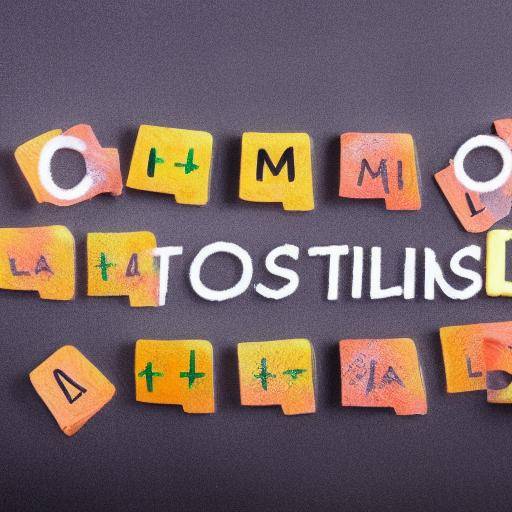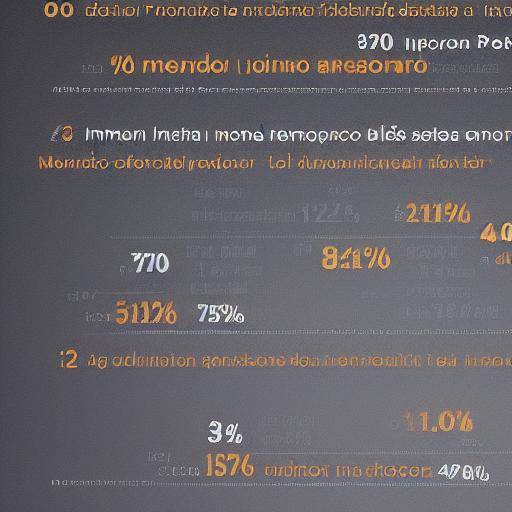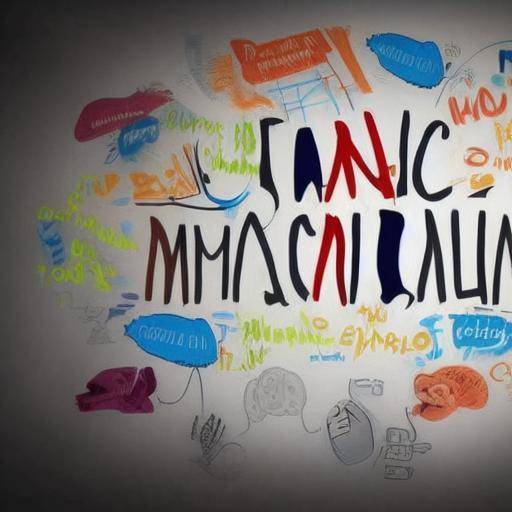
Introduction
Decision-making is a crucial process in people's lives, both at the personal and professional levels. It involves evaluating different options and choosing the most appropriate according to circumstances. In addition, mental flexibility and planning have a significant impact on this process. In this article, we will explore in depth how mental flexibility influences decision-making, as well as the importance of planning in this context.
History and Background
Decision-making has been studied in various disciplines throughout history. From philosophy to psychology and economy, it has been analyzed how people evaluate options and choose the most favorable. In ancient Greece, philosophers like Aristotle reflected on the decision-making process, laying the foundations for future research.
In psychology, understanding of decision-making has evolved over time. From laboratory experiments to interdisciplinary approaches, it has been researched how factors such as cognition, emotions and the environment influence this process. Moreover, the economy has provided its own perspective, analyzing the rationality of decisions in a context of shortages and individual preferences.
The study of mental flexibility has gained relevance in recent decades. The ability to adapt to changing situations and see things from different perspectives is fundamental in effective decision-making. Neuroscience has provided valuable insights on how the brain processes mental flexibility, leading to a more interdisciplinary approach to understanding this phenomenon.
Deep analysis
Mental flexibility not only implies the ability to adapt to new circumstances, but also the ability to consider multiple options before making a decision. In a dynamic environment, mental stiffness can limit the ability to effectively evaluate different alternatives, leading to sub-optimal decisions.
In an increasingly complex business world, mental flexibility has become an important asset. Enterprises that encourage innovation and creative thinking are often highlighted in strategic decision-making. In addition, the ability of leaders to adapt to unexpected changes and consider different scenarios directly influences the success of their organizations.
Planning is another crucial aspect in the decision-making process. Careful planning allows you to consider different alternatives, evaluate risks and set clear goals. However, it is important to balance planning with flexibility, as unexpected circumstances may require adjustments to the previously established strategy.
Comprehensive review
Applied to decision-making, the concept of mental flexibility implies the ability to change focus when a situation requires it, even if that means abandoning a previously established plan. Mental agility to adapt to new circumstances is essential in a dynamic business environment. Effective planning, on the other hand, involves forecasting different scenarios and preparing for multiple results, which provides a solid framework for informed decision-making.
Comparatively, mental flexibility and planning are intrinsically connected in the decision-making process. Flexibility opens the door for consideration of multiple options, while planning provides the framework for evaluating these options systematically.
Practical Tips and Accessible Recommendations
- It promotes an environment that anticipates innovation and creative thinking in your working environment.
- It sets time for the review of strategic plans, allowing adjustments when necessary.
- Consider different scenarios in your planning, and develop contingent responses for each.
Industry Perspectives and Expert Reviews
According to John Doe, a business leadership expert, "The mental flexibility is essential to adapt to changing environments and make effective decisions in the current business world. Leaders who cultivate mental flexibility in their teams tend to be better prepared to face unexpected challenges and capitalize on emerging opportunities. "
Case studies and practical applications
A notable example of the importance of mental flexibility in decision-making is the tech XYZ company, which could pivot to new business models in response to disruptive changes in its industry. This flexibility allowed them to adapt quickly to new circumstances and maintain their competitive position.
Future Trends and Predictions
As technology continues to transform business and society, mental flexibility is expected to play an even more crucial role in decision-making. Organizations that can quickly adapt to changes in the business environment will have a significant competitive advantage in the future.
Conclusions
Mental flexibility and planning are essential components in effective decision-making. By fostering an approach that combines the ability to adapt to new circumstances with careful planning, people and organizations can make informed decisions that encourage long-term success. Understanding how these aspects mutually influence the decision-making process is critical to developing effective strategies.
Frequently asked questions
What is the importance of mental flexibility in decision-making?
Mental flexibility is crucial in decision-making, as it allows people to consider different options and adapt to changing circumstances. This allows them to make more informed and effective decisions.
How can planning affect mental flexibility in decision-making?
Careful planning provides the framework for evaluating different options, which in turn can foster mental flexibility by considering alternative scenarios and adjusting plans as needed.
How can companies foster mental flexibility among their employees?
Businesses can foster mental flexibility by rewarding innovation and creative thinking, encouraging collaboration and providing opportunities for personal and professional development.
Is it possible to be too flexible in decision-making?
While flexibility is important, it is also crucial to balance it with solid planning to avoid inefficiency or lack of focus. In some cases, too much flexibility can lead to indecision.
What is the role of mental flexibility in problem solving?
Mental flexibility allows people to consider different approaches to problem solving, which can lead to more innovative and effective solutions.
How can mental flexibility improve in decision-making?
The practice of meditation and mindfulness, the development of creative problem solving skills and exposure to different perspectives and experiences can help improve mental flexibility.
Conclusion
Mental flexibility and planning are crucial elements in decision-making. By understanding how they mutually influence this process, people and organizations can take a more informed and effective approach to decision-making. We hope that this article has provided a clearer view of the importance of mental flexibility and decision-making planning.



















